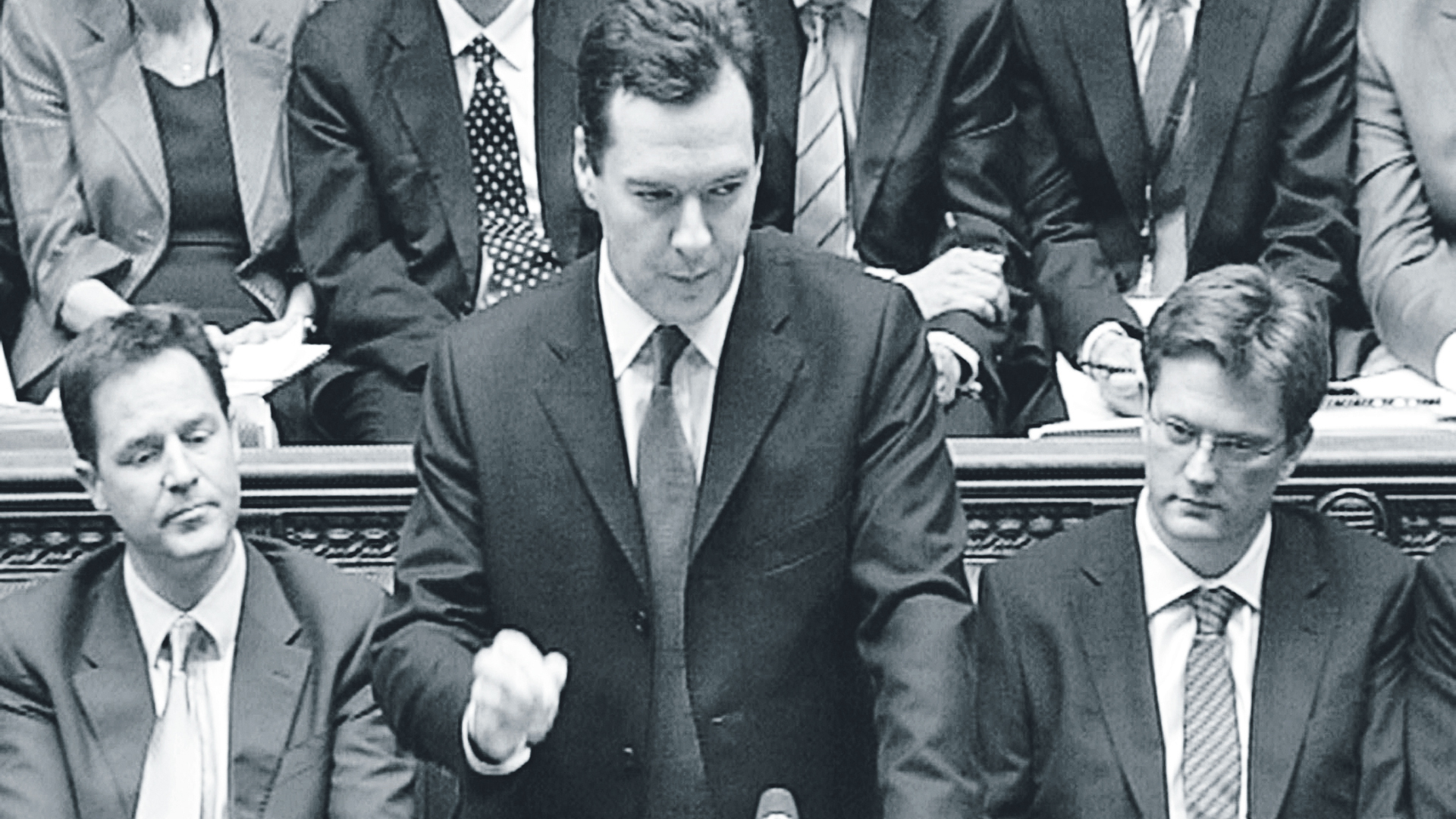For 31 years I have been going on about how coping with emergencies was not enough and that we have to try and prevent poverty and need. Of late I have been going on about getting the government to test its safety nets, and to spend its way out of the inflationary crisis. Borrow more money to get us out of the abysmal reality that millions cannot afford to eat, pay rent and heat themselves.
The new administration that Rishi Sunak has brought in is looking carefully at balancing the books. In other words, we are going to be ‘Osborned’ again; taken back to the early days of the coalition of 2010, when the poorest and least able to absorb austerity were given the rough job of paying for the bankers’ crisis of 2008.
Hence when Covid hit in 2020 our hospitals were 85 per cent full, and many of the patients were people who had been made ill by the austerity-induced withdrawal of support for them. With 50 per cent of people using the health service suffering from food poverty, it’s obvious that another bout of austerity will come at a catastrophic cost.
- Austerity, Brexit, Covid and the cost of living crisis: The damage 12 years of Tory rule has done to the UK
- Darren McGarvey: ‘Austerity was class war. I want to hit back’
- Funding for libraries down 40 per cent as cities are hit hardest by austerity
But added to the ‘eejit’ thinking, as my Irish mother would say, the savings from all that cutting back in coalition days was only two per cent, well under their intended nine per cent savings. They made draconian cuts that screwed lives and kept more people in and around poverty, but the arses at the Treasury couldn’t get anywhere near their intended savings!
The Treasury and its thinking has to be reinvented because they don’t seem to be able to actually find out the true costs of their cuts and policies. For example, in 2020 we began a campaign to stop mass homelessness, with nearly 300,000 facing eviction through job losses and arrears. We campaigned constantly in and out of parliament and eventually they came up with about £650 million to prevent people falling into homelessness through evictions. This was a brilliant response, roughly the amount of money we were campaigning for.
But the money went out, or didn’t; the problem is, we have found it virtually impossible to follow the money. The Treasury does not keep track of the money it gives out. And measuring the negative impact of their cuts is not, in their hands, a science. Everything is reduced to the realm of political claims; like Osborne saying that the reason we did so well in Covid in giving out money is that post-austerity public finances were in good nick.









